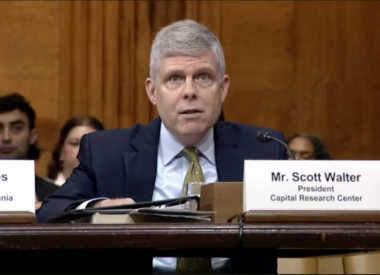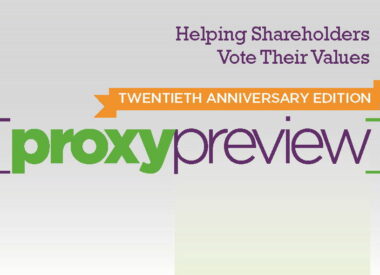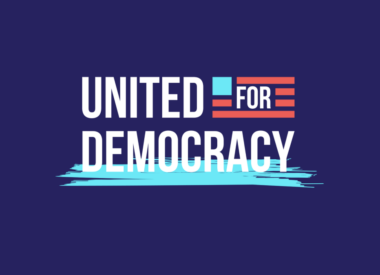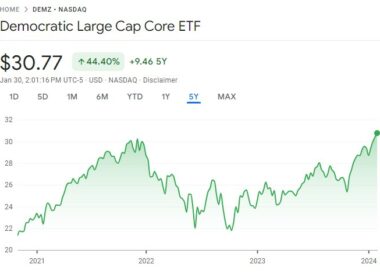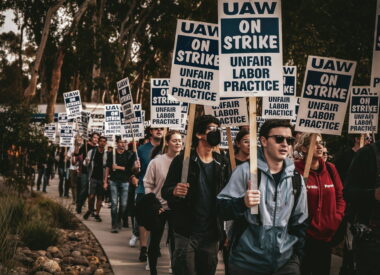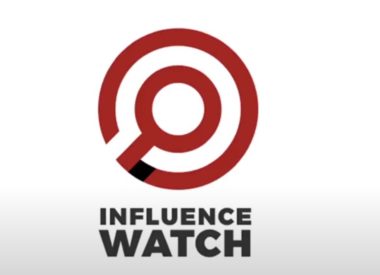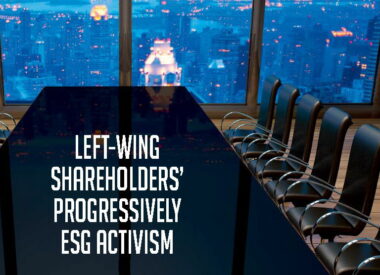Questions for the Record About “Dark Money” in Environmental Debates
Following up on testimony before the Senate Budget Committee on “Recreation at Risk: The Nature of Climate Costs,” Sen. Chuck Grassley posed for additional questions for the record to CRC…

